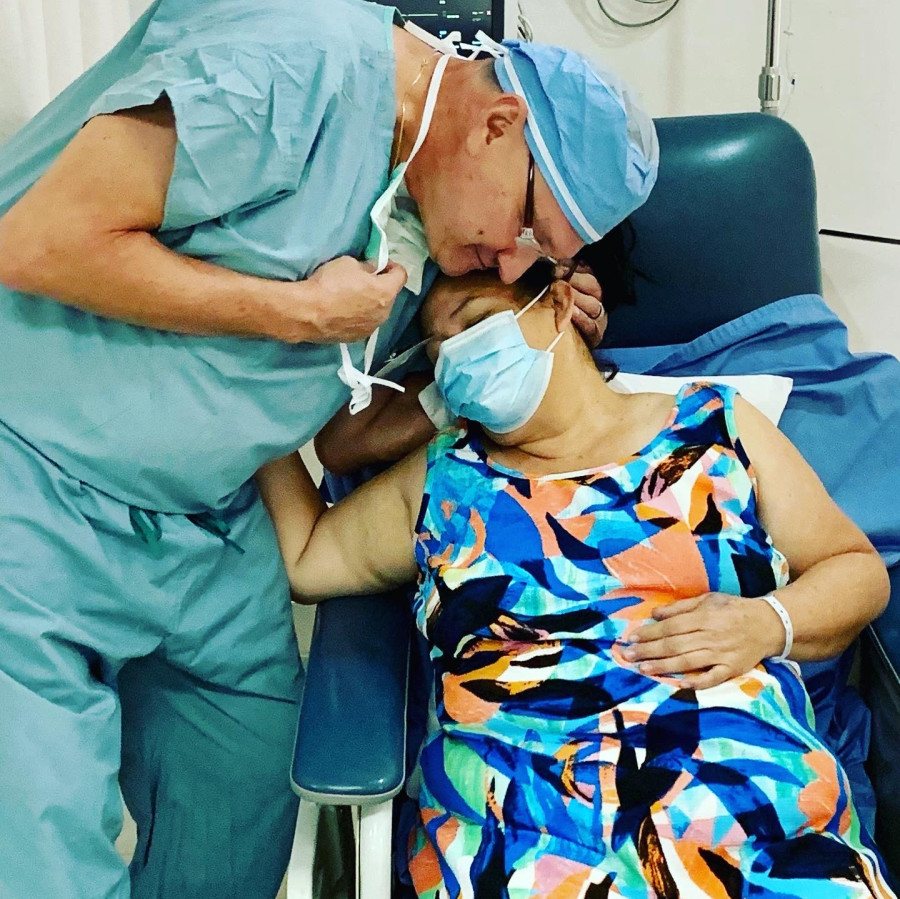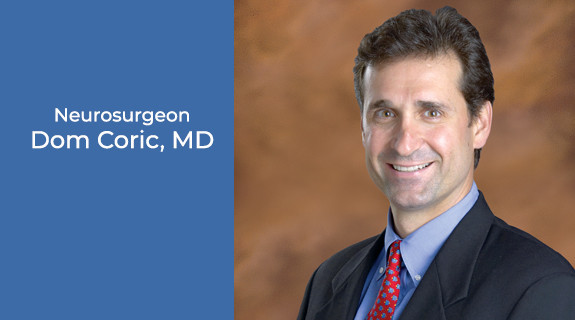A team of Carolina Neurosurgery & Spine Associates’ Physicians and staff traveled to Honduras in November 2021 to volunteer their time, expertise, and resources on a medical mission trip with NuVasive Spine Foundation (NSF).
Read MoreCarolina Neurosurgery & Spine Associates proudly recognizes Black History Month in February by sharing the story and accomplishments of CNSA neurosurgeon, Kyle Cabbell, MD.
At Carolina Neurosurgery & Spine Associates, we eagerly pursue opportunities to celebrate physicians like Dr. Cabbell who embody our culture of inclusion, opportunity, and putting our patients first.
Today, we recognize our female physicians in honor of the first female physician, Dr. Elizabeth Blackwell, who paved the way for women to enter the medical field.
Read MoreFellowship-trained physiatrist Joseph Zuhosky, MD, offers nonsurgical spine care to patients at our Huntersville, Mooresville and Concord offices.
Watch VideoDr. Stephanie Plummer completed an interventional spine fellowship and provides nonsurgical care to patients with spine disorders. She sees patients at our Gastonia nad Ballantyne offices.
Watch VideoGrief Connects Us shows that no matter which side of the patient-doctor relationship you find yourself on, empathy, vulnerability, and emotional agility can facilitate deeper, more authentic human connection and prepare us for life’s greatest challenges. To learn more or purchase a copy of Dr. Stern's book, click here.
Watch VideoWith more than 3,300 members, this prestigious organization is the largest neurosurgical spine society in the United States.
Read MoreSpine surgeon Daniel Leas, MD, provides advanced spine care for patients at our Mooresville, Huntersville and Charlotte offices. With his fellowship in adult spine surgery, Dr. Leas is focused on providing the least invasive treatment for patients, including nonsurgical solutions.
Watch Video













